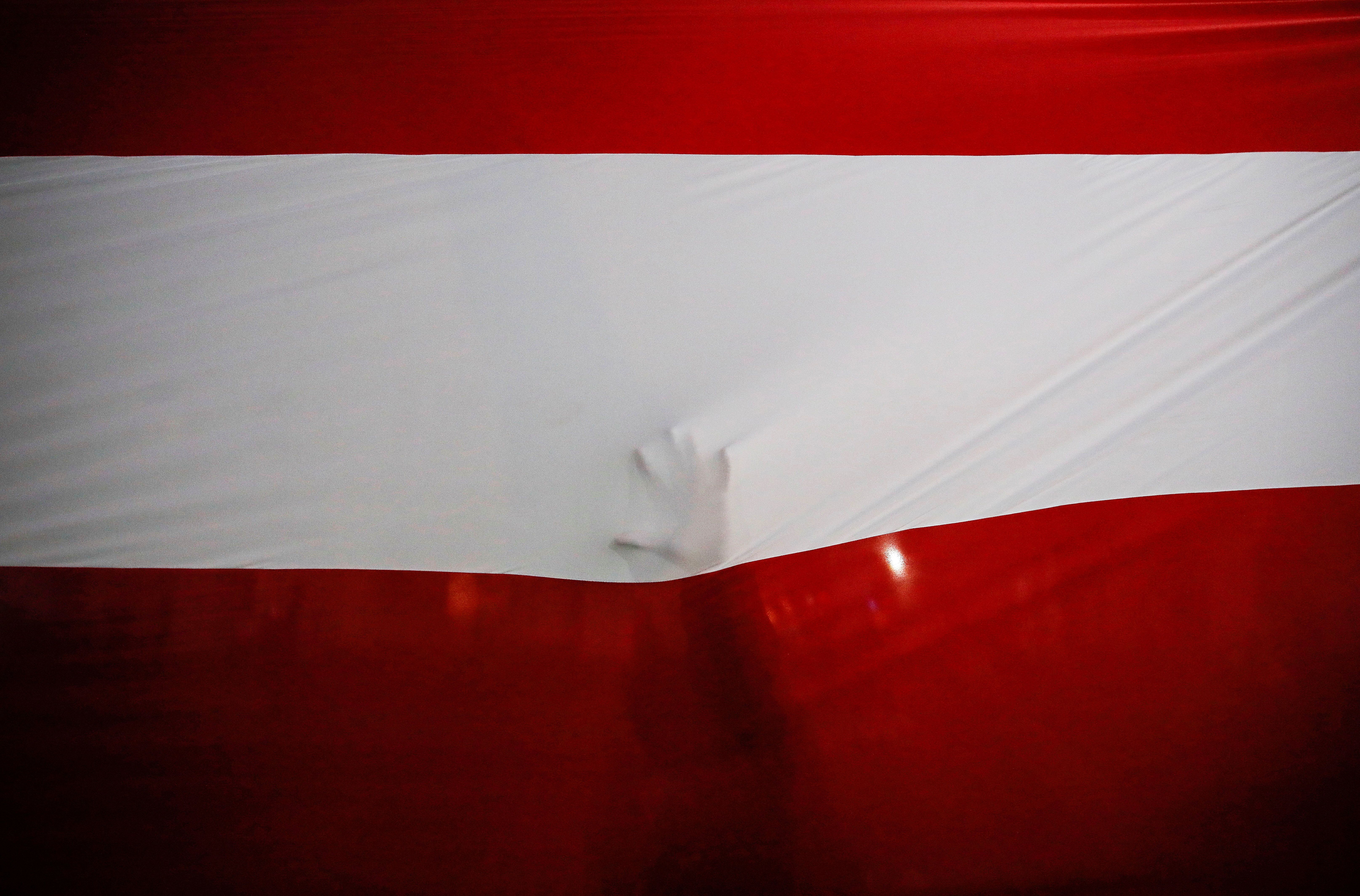November 17, 2020
You may be worried about political uncertainty where you live, but spare a thought for Peru. The country has had three different presidents so far this month, and none of them was elected by the Peruvian people. Recent days have seen impeachment, mass protests, deadly crackdowns, and even a 24-hour period when no one was running the country at all.
What's going on in this Andean country of 32 million people, which until recently was considered an economic miracle?
The current crisis began early last week, when Congress voted to remove President Martín Vizcarra, following allegations that he had taken bribes years ago as a regional governor. Vizcarra had been in power only since 2018, when he took over following the ouster of his predecessor, Pedro Pablo Kuczynski, who was sacked because of a vote-buying scandal.
Vizcarra, an understated anti-corruption crusader, was popular with the Peruvian public, but not with a fragmented Congress wary of his efforts to crack down on graft and limit their power. For context, more than half of Peru's congress members are currently under investigation for crimes ranging from money laundering to homicide (source in Spanish).
The vote to remove Vizcarra and replace him with the President of Congress Manuel Merino touched off mass protests over what looked to many Peruvians like a congressional coup. When police killed several demonstrators, Merino and his cabinet resigned last Sunday, leaving no one in charge until Monday evening, when lawmakers were able to agree that Congressman Francisco Sagasti — a 76-year old centrist technocrat with a post at the World Bank on his resume — should take the helm.
It now falls to Sagasti to guide the country until presidential elections, which are scheduled for April 2021. The fact that he was one of the few congressmen to vote against impeaching the popular Vizcarra will probably help to calm the streets for now, but the challenges are immense.
First, COVID-19 has ravaged the country. Despite some success with early lockdowns, the situation quickly spiraled, leaving Peru with the third highest COVID death rate per 100,000 people in the world, trailing only far smaller countries like Belgium and San Marino.
Second, the country's economy, once a fast-growing darling of international investors, is facing its worst crisis in decades. GDP is set to contract nearly 14 percent this year, one of the largest drops of any large economy in the world, according to the IMF.
Third, there is the perennial problem of the country's dysfunctional politics, which one presidential election won't solve. Since emerging from dictatorship in 2000, Peru has yet to produce stable political parties with identifiable ideological or policy agendas. At each election, Peruvian voters face a kaleidoscopically shifting list of parties and alliances, which politicians use mainly as personal vehicles to power. As NYU scholar Patricio Navia recently pointed out, in every presidential vote since 2001, the winner came from a party that either didn't exist or was virtually unknown four years earlier. The result is a fragmented system that offers voters no clear path toward change.
No one knows what will come next. On the one hand, Peruvians fed up with the political elite seem to want a fresh face: at the moment, the leading candidate for President is a former footballer with limited political experience. On the other, given the dysfunction, how much progress can a president of any party — insider or outsider — really make?
More For You
- YouTube
At the 2026 Munich Security Conference, entrepreneur and Project Liberty founder Frank McCourt makes the case that the internet, and the AI systems rapidly reshaping it, must be redesigned to serve people, not platforms.
Most Popular
- YouTube
At the 62nd Munich Security Conference, Parag Khanna, founder and CEO of AlphaGeo, says globalization isn't dead, it's evolving. Speaking with GZERO’s Tony Maciulis, he explains that countries are forming flexible alliances that expand and shrink based on their interests. “You’d rather be in the tent...if it suits your interest than not in it,” Khanna notes, highlighting how the US, Europe, and Asia are adapting to shifting global priorities.
- YouTube
Sovereignty has become one of the most powerful, and least defined, words in tech policy. At the 2026 Munich Security Conference, SAP global head of government affairs, Wolfgang Dierker, explains why governments and enterprise customers are demanding more control over their data, cloud infrastructure, and AI systems amid rising geopolitical uncertainty.
- YouTube
On the sidelines of the 2026 Munich Security Conference, Annemarie Hou, Executive Director of the United Nations Office of Partnerships, joined Tony Maciulis to discuss the power of women leaders in global decision-making.
© 2025 GZERO Media. All Rights Reserved | A Eurasia Group media company.
